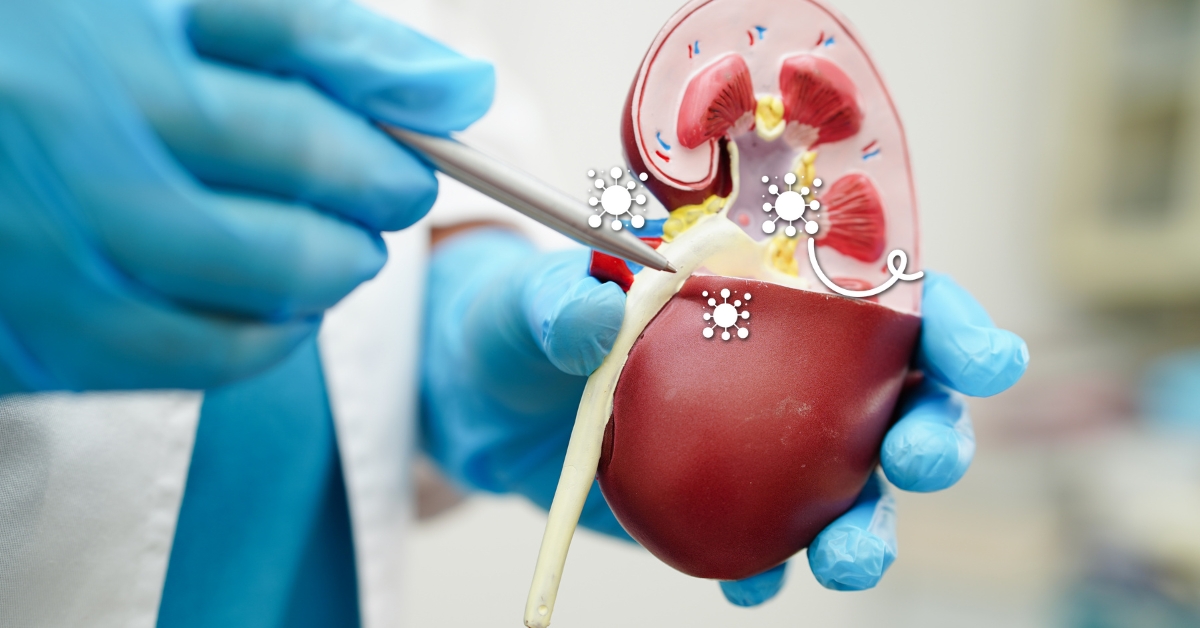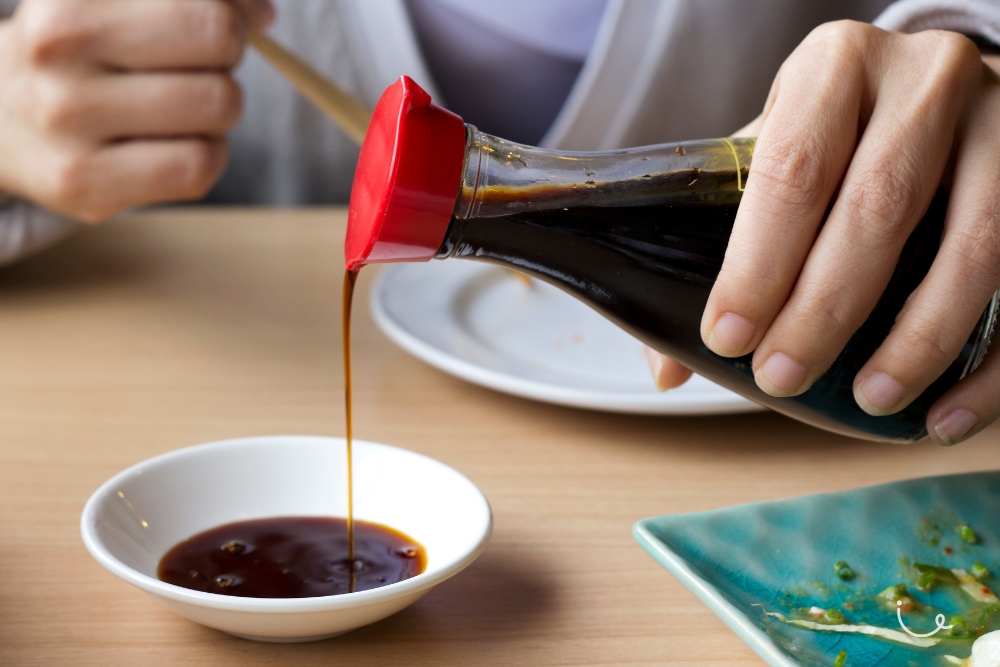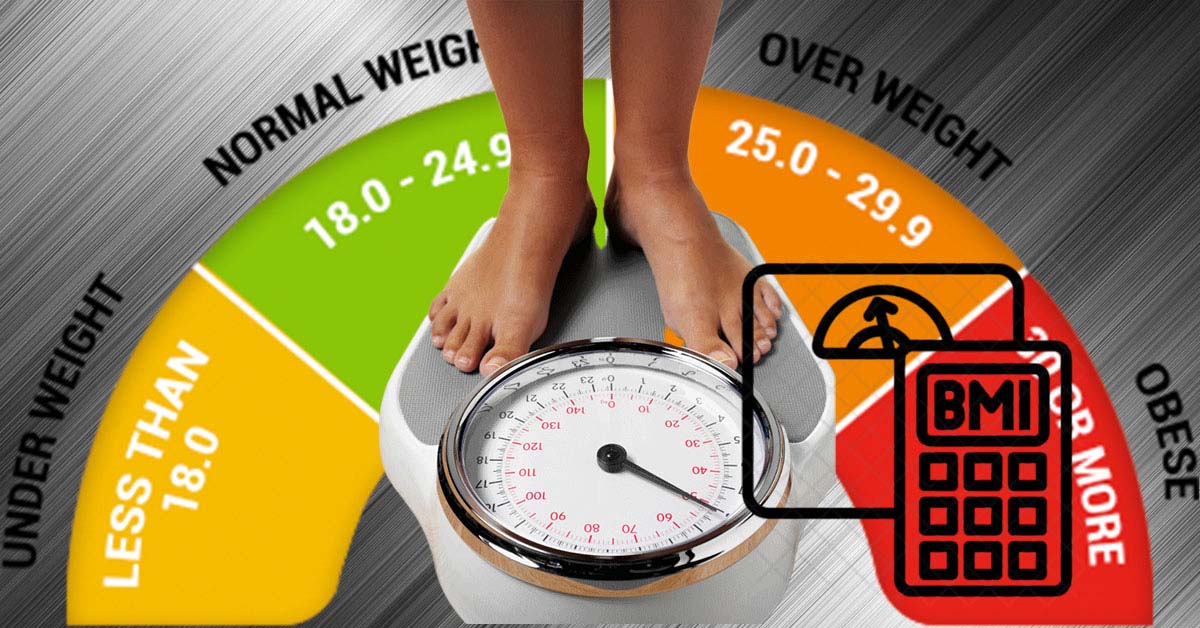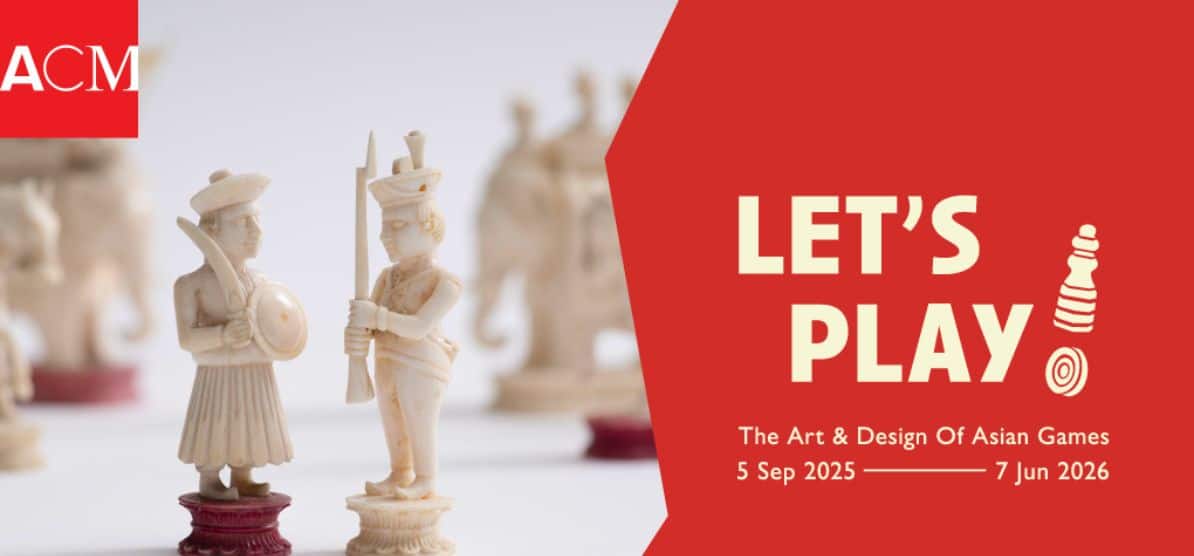
By Fransisca Indrawanputri.
Think twice before reaching for that bottle of soy sauce – Singapore now ranks as one of the world’s countries with the highest incident rates of chronic kidney disease, driven largely by lifestyle factors including our overconsumption of salt and sugar in our diets.
To make matters worse, kidney failure develops gradually over time with no obvious symptoms until it has progressed to a later, more serious stage, earning it the morbid reputation of being a silent killer.
Rather than leave Singapore (and its healthcare systems) at the mercy of chronic kidney disease, health officials have begun to sound the alarm.
Each day, six new patients are diagnosed with kidney failure in Singapore. The total number of kidney failure patients is rising. Ten years ago, it was 5,500. Today, it is 8,800.
In a speech at the National Kidney Foundation (NKF)'s 55th anniversary celebration last year, Minister for Health Ong Ye Kung said,
What is driving this? The major culprits are diabetes and hypertension. These are precursors to kidney failure,
he continued.
"As our population ages, the prevalence of these chronic diseases tends to increase. If we can somehow manage these chronic diseases, we can somewhat flatten the curve."
Advertisement
Chronic kidney disease creeps in

As it stands, the only way to find out you’re prone to chronic kidney disease is to get a screening.
My mother had always been active and seemingly healthy. It wasn't until she underwent a routine pre-operative check-up for knee surgery that we received the shocking news.
One 49-year-old woman — who requested anonymity for herself — recounts how her 70-year-old mother discovered the disease:
With no discernible symptoms, her mother’s kidney function was hovering at 17%, just a couple of percentage points from the threshold indicating a need for dialysis.
It was a wake-up call for our entire family,
says the daughter.
"We realized that what we thought was good health could be masking serious underlying issues. It's made us all more proactive about our kidney health."
Last year, the NKF launched an early detection programme for kidney disease, providing free screenings to Singaporeans and Permanent Residents between the ages of 21 and 80, who haven’t been screened in the past year, and with any common risk factors like diabetes, hypertension, a family history of kidney disease and a BMI of above 27.5.
The free kidney screenings are available at 175 participating clinics across the island.
“It’s as simple as showing your IC (identification card) and mentioning 'NKF Screening',
says Tan, a nurse at a participating clinic who declined to give her full name as she was not cleared to speak with media.
We conduct two critical tests: a blood test to assess kidney filtration efficiency, and a urine test checking for albumin, a protein whose presence in significant amounts can signal early kidney damage.
Dr SK, who similarly asked for anonymity, elaborates,
Results are promptly made available, and follow-up consultations to discuss any abnormalities are provided free of charge under this programme.
From its inception in March 2024 to the end of last year, the program successfully screened over 2,000 people in Singapore. According to the national newspaper, nearly 17% of those screened were found to have abnormal kidney function, requiring further medical evaluation.
I never thought I was at risk, but the screening revealed early signs of kidney damage I wouldn't have known about otherwise. Thanks to NKF, I've been able to make lifestyle changes and work with my doctor to manage my health better.
Says a local property developer who benefited from the free screening programme,
A work
While Dr SK acknowledged the programme’s vital role in early detection, he believed that there were still areas of outreach yet untapped.
I have friends that started their own practices. These single practices are quite important for onboarding as they often have a sizeable and loyal patient base of silvers.
He says,
Furthermore, early detection can only save lives when it is followed up with effective post-screening management.
I was fortunate to be able to afford comprehensive medical consultations to help manage my health, although I know some friends of mine who do not enjoy the same privilege,
says the property developer.
The government has implemented several initiatives to alleviate financial concerns related to chronic kidney disease care. This includes subsidies at polyclinics and public specialist outpatient clinics, where both Pioneer and Merdeka Generation seniors receive additional discounts off their remaining bills.
In addition, the Chronic Disease Management Programme allows patients with conditions like kidney disease to use their MediSave to offset treatment costs. They are also eligible for government subsidies of up to $500 per year under the Community Health Assist Scheme, depending on certain financial factors.
Supported dialysis programmes are also available, including NKF’s provision of subsidised dialysis for needy patients and PD Home Support Programme aimed at increasing the uptake of home-based peritoneal dialysis.

As Singapore continues to age, initiatives like these free kidney screening programmes will play an increasingly vital role in maintaining the health and well-being of the population. But we have our parts to play too – especially when it comes to something as easy as foregoing an extra splash of soya sauce.





